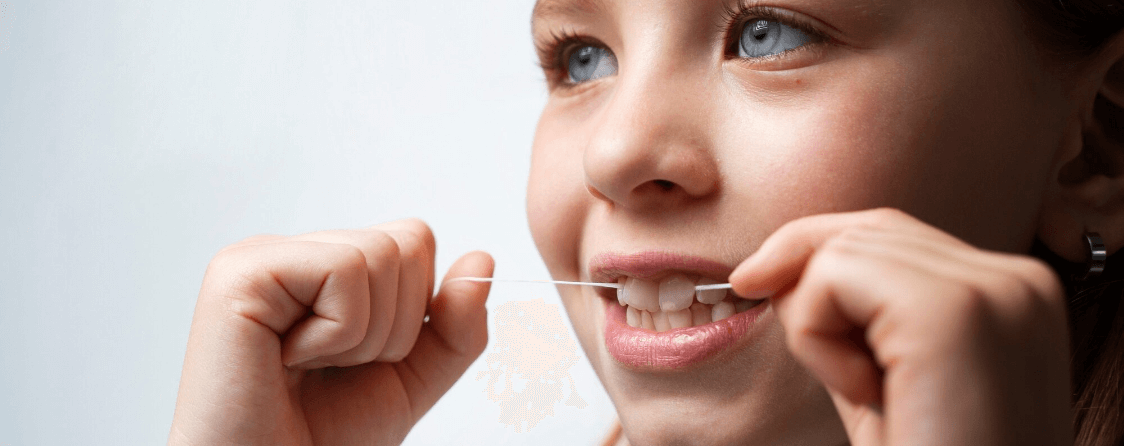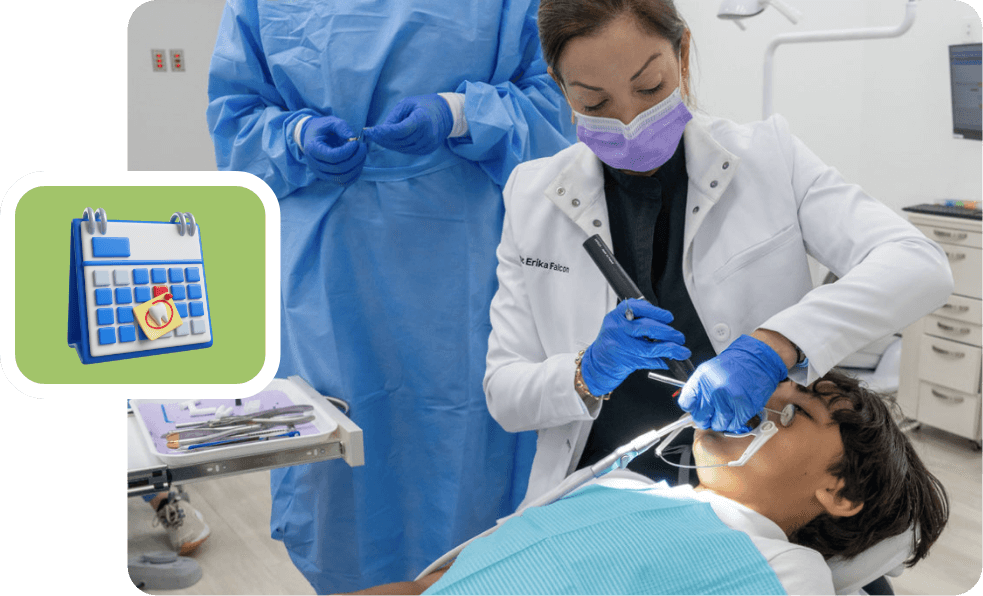As parents, we want the best for our children—healthy bodies, bright minds, and happy smiles. But did you know that oral health plays a crucial role in your child’s overall well-being? From their first tooth to their teenage years, maintaining good dental hygiene is essential for a lifetime of healthy smiles. Here’s why oral health matters for children and how you can help set them up for success.
Why Oral Health Matters for Kids
- Prevents Tooth Decay and Cavities: Tooth decay is one of the most common chronic conditions in children. Regular brushing, flossing, and dental check-ups can prevent cavities and keep their teeth strong.
- Supports Proper Development: Healthy teeth are essential for chewing, speaking, and smiling. Poor oral health can lead to speech difficulties, nutritional issues, and even problems with jaw development.
- Boosts Confidence: A healthy, bright smile can do wonders for a child’s self-esteem. Teaching kids to care for their teeth helps them feel proud of their smiles and confident in social situations.
- Prevents Future Dental Problems: Early dental care can identify and address issues like misaligned teeth or bite problems before they become more serious (and costly) to treat.
- Links to Overall Health: Oral health is connected to overall health. Poor dental hygiene can contribute to infections, inflammation, and even conditions like diabetes or heart disease later in life.
Tips for Promoting Good Oral Health in Children
- Start Early: Begin cleaning your baby’s gums with a soft cloth even before their first tooth appears. Once teeth emerge, use a small, soft-bristled toothbrush and a smear of fluoride toothpaste.
- First Dental Visit by Age 1: The American Academy of Pediatric Dentistry recommends that children see a dentist by their first birthday or within six months of their first tooth erupting.
- Teach Good Habits: Encourage brushing twice a day and flossing daily. Make it fun by using colorful toothbrushes, flavored toothpaste, or a brushing chart with stickers.
- Limit Sugary Foods and Drinks: Sugary snacks and beverages are a leading cause of cavities. Opt for healthier options like fruits, vegetables, and water.
- Regular Dental Check-Ups: Schedule routine visits to the dentist every six months for cleanings, exams, and preventive care like fluoride treatments or sealants.
The Role of Pediatric Dentists
Pediatric dentists specialize in caring for children’s teeth and gums. They create a welcoming, child-friendly environment and provide tailored care to meet the unique needs of growing smiles. From preventive care to addressing dental issues, they’re your partners in ensuring your child’s oral health.
A Healthy Smile for Life
Teaching children the importance of oral health sets the stage for a lifetime of healthy habits. By prioritizing dental care from an early age, you’re not just protecting their teeth—you’re giving them the tools to smile confidently and live healthier lives.
Let’s work together to keep those little smiles shining bright! 🌟
What steps are you taking to protect your child’s oral health? Share your tips and experiences in the comments below! 👇

